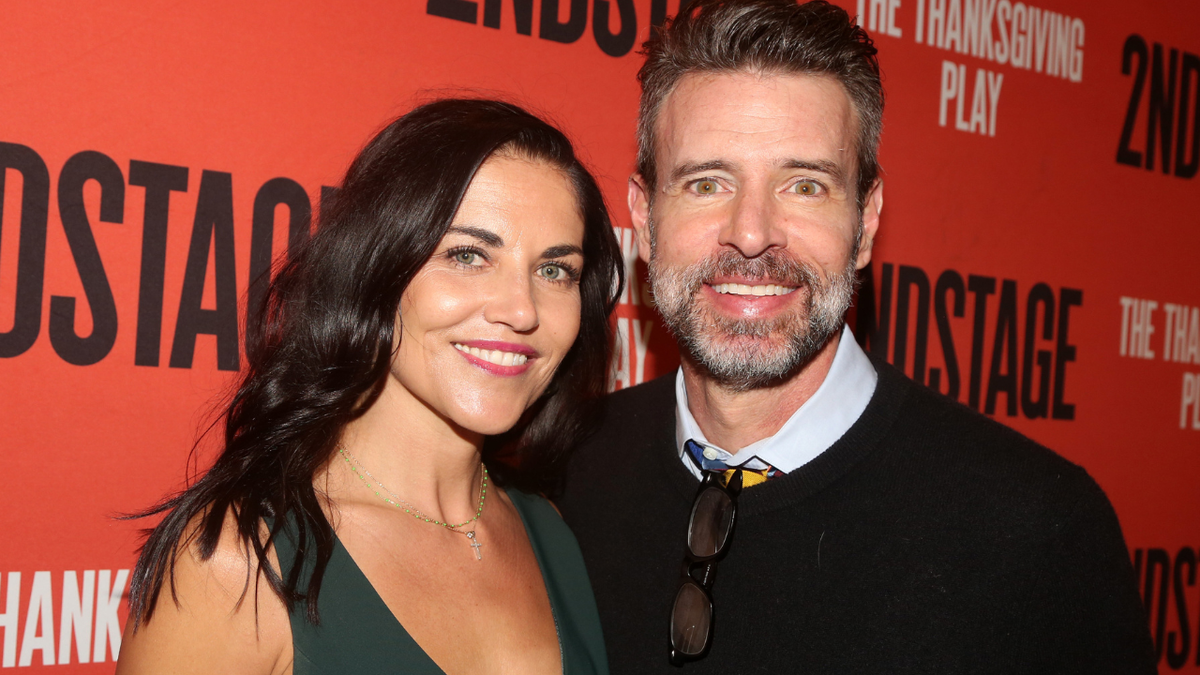Hey, folks, welcome to Week in Review (WiR), TechCrunch’s regular recap of the past few days in tech. The headlines have been dominated — nay, overwhelmed — by the drama unfolding at AI startup OpenAI, but plenty else happened in the half-week leading up to Thanksgiving. So much for a sleepy pre-holiday!
In this edition of WiR, besides the OpenAI saga, we cover Apple finally bringing RCS to iPhones, a former Silicon Valley VC darling being convicted of investor fraud, Cruise co-founder Kyle Vogt resigning and Amazon selling cars online. Also on the agenda is Elon Musk’s lawsuit over claims of hateful ads on Twitter, Google’s secret deal with Spotify, Binance’s CEO pleading guilty to federal charges, and Signal detailing the cost of keeping its private messaging service online.
It’s a lot to get to — so we shan’t delay. But first, a reminder to sign up here to receive WiR in your inbox every Saturday if you haven’t already done so.
Most read
Sam Altman returns to OpenAI: After a roller coaster of a weekend and change, Sam Altman, who was CEO of OpenAI as of Friday morning, is CEO once again. The board of directors who fired him came to realize, eventually, that terminating him perhaps wasn’t the best course of action — after immense pressure from the OpenAI rank-and-file, VCs, close partner Microsoft and one of their own. For a play-by-play of how it all went down, check out our timeline of events.
Apple (finally) embraces RCS: Apple plans to add support for the RCS standard on iOS next year, the iPhone maker said last Thursday in a reversal that’d resolve the widespread issue of text messaging compatibility between iPhones and Android smartphones. But, as Manish reports, the company stopped short of eliminating what’s known colloquially as “green bubble” dread; messages from Android phones will still be displayed as green bubbles on iOS.
Fraud conviction: Mike Rothenberg, an ex-VC known for hosting lavish parties, was convicted late last Friday on 21 counts for defrauding investors. The verdict, delivered by a jury in Northern California, bookends a 10-year journey for Rothenberg, who burst onto the Bay Area scene in 2013 at age 27 with a $5 million fund and enough charm to persuade TechCrunch that his one-man firm was special enough to merit coverage.
Vogt quits Cruise: Kyle Vogt, the serial entrepreneur who co-founded and led Cruise from a startup in a garage through its acquisition and ownership by General Motors, resigned over the past week — as did Cruise executive and co-founder Dan Kan. The shakeup comes less than a month after the California Department of Motor Vehicles suspended Cruise’s permits to operate self-driving vehicles on public roads following an accident that saw a pedestrian run over and dragged 20 feet by the AV.
Lawsuit over X ads: Media Matters last Thursday published an article with screenshots showing ads from IBM, Apple, Oracle and others appearing next to hateful content on Elon Musk’s X, formerly Twitter. Musk has filed a lawsuit alleging defamation by the news organization. But the suit appears to confirm the very thing it claims is defamatory, reports Devin.
Google’s secret Spotify deal: A Google executive said during testimony in the Epic versus Google trial that a deal with Spotify allows the audio company to bypass Play Store fees, as first reported by The Verge. Don Harrison, Google’s head of partnership, said that Spotify pays no fees when it processes its own payments and pays a measly 4% fee when Google processes them — and that both companies have committed to put $50 million each in a “success fund.”
Binance CEO faces federal charges: Changpeng Zhao, also known as “CZ,” the founder and CEO of Binance, is stepping down and has pleaded guilty to a number of charges brought on through the Department of Justice and other U.S. agencies. The world’s largest crypto exchange, Binance has agreed to pay about $4.3 billion to resolve the DOJ’s investigations, the agency said in a press release late on Tuesday.
The price of privacy: End-to-end encrypted messaging app Signal has put out an interesting overview of the costs required to develop and maintain its pro-privacy systems that shield user data from tracking by default. The blog post, penned by Signal president Meredith Whittaker and developer Joshua Lund, reveals that the firm currently spends around $14 million per year on infrastructure to run the private messaging service and a further $19 million per year on staff costs. That totals $33 million to keep the lights on.
Audio
With Thanksgiving happening this week, mayhaps you’re in need of podcasts to muffle the sound of inter-family kerfuffles and sportsball games. (I know I am.) Fortunately, TechCrunch has plenty in its stable to choose from.
Equity published two — count ’em, two — episodes this week. The first recaps OpenAI’s wild weekend, from the firing of Sam Altman through the latest activity (as of November 20). The second — featuring former Equity host Matthew Lynley, Alex and yours truly — considers what the latest OpenAI twists and turns may bring for startup founders.
Meanwhile, Found had Studs co-founders and good friends Lisa Bubbers and Anna Harman talk about their ear-piercing business, which aims to help Gen Zers and millennials create their “dream earscapes” with piercing studios opening across the country.
TechCrunch+
TC+ subscribers get access to in-depth commentary, analysis and surveys — which you know if you’re already a subscriber. If you’re not, consider signing up. Here are a few highlights from this week:
Pay attention to what happened with OpenAI’s board: Dominic-Madori takes a critical look at the unusual structure of OpenAI’s board, which was technically part of a nonprofit with control over the for-profit division of OpenAI. In her words: “If this company structure gives you the ick, you’re not alone.”
Who would’ve guessed the powerful folk would win the AI fight? One way to think about the OpenAI shakeup of the last few days is that a nonprofit board with a specific mission felt like one of the company’s leaders was not working toward those goals. So they canned him. Another way to think about it, Alex colorfully writes, is that “a bunch of yahoos who had no idea what they were doing executed a power play against the real engine of value at their company, and were canned in response.”
OpenAI and the dangers of vendor lock-in: The companies that chose a flexible approach over depending on a single AI model vendor must be feeling pretty good after all the OpenAI drama, Ron writes. If there’s any objective lesson to be learned from all this, he says, it’s that it’s never, ever a good idea to go with a single vendor.

























































